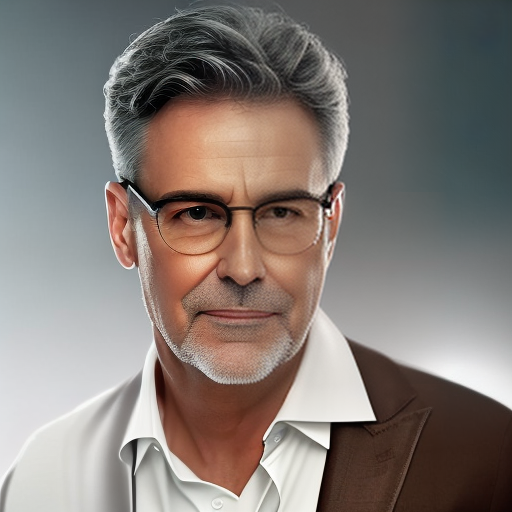Sustainable development. It is very likely that you have heard this word before. But what does it really mean? And why is it even important to know about it?
In this article, you will learn more about the concept of sustainable development and why it is highly paradoxial. What can be said already: Not everything that sounds good is actually good!
What is sustainable development?
Generally, sustainable development is development that meets the needs of the present, without compromising the ability of future generations to meet their own needs. In other words, sustainable development is defined as an approach to developing or growing (the economy) by using resources in a way that allows for them to renew or continue to exist for others.
In 2015, the United Nations (UN) formulated the so-called “2030 Agenda for Sustainable Development, which has been adopted by all UN Members States. At its heart are the 17 Sustainable Development Goals (SDGs), which are an urgent call for action by all countries – developed and developing – in a global partnership. They recognize that ending poverty and other deprivations must go hand-in-hand with strategies that improve health and education, reduce inequality, and spur economic growth – all while tackling climate change and working to preserve our natural environment.
Before formulating these goals, in a document called the Brundtland report, the UN World Commission on Environment and Development defined sustainable development as “development that meets the needs of the present without compromising the ability of future generations to meet their own needs”.

Why is sustainable development important?
Sustainable development practices help countries grow in ways that adapt to the challenges posed by climate change, which will in turn help to protect important natural resources for ours and future generations.
By the year 2050, it is estimated that our global population will likely reach 9 billion people. The challenge of sustainable development is to move forward in such a way that every single one of these people will be able to enjoy a substantial quality of life without being detrimental to our natural resources.
In order to achieve this, we need sustainable leadership to drive change in such a way that the long-term survival of humanity is safeguarded.
The Sustainable Development Paradox
As good as the concept of sustainable development may sound, it is highly paradoxical. This can already be noted by looking at the two prime terms: “sustainable” and “development” are contradictory. “Sustainable” implies continuity and balance, while “development” implies dynamism and change. While environmentalists are drawn to the “sustainability” side, governments and businesses focus on “development”, usually indicating GDP growth. Nevertheless, expanding the “economic pie” to include the most dispossessed will necessarily include even more natural resources being depleted, since the poor are more numerous than the rich. Thus, the goal of maintaining economic growth, re-distributing wealth and keeping the health of ecosystems intact seems to be highly oxymoronic.
Only the future will tell how we will be able to merge the “sustainability” side with the “development” side.
Related articles:



